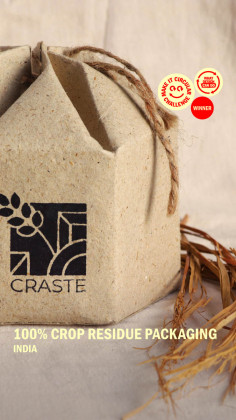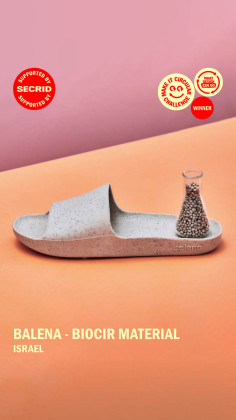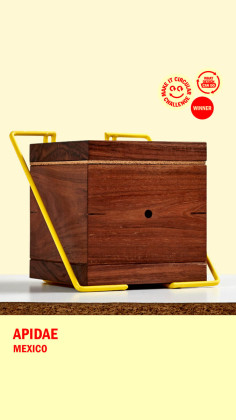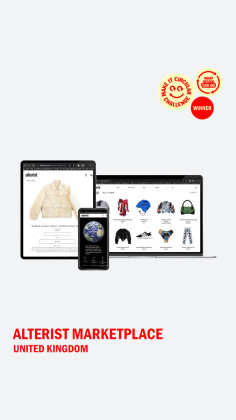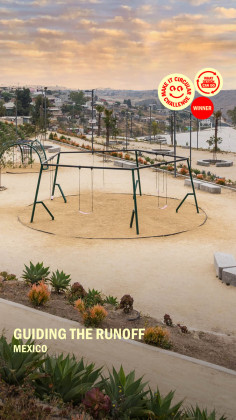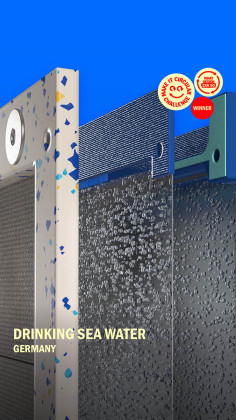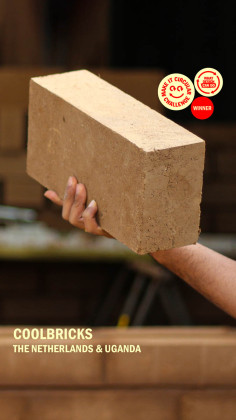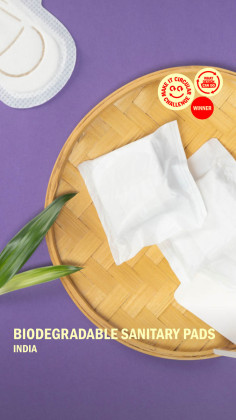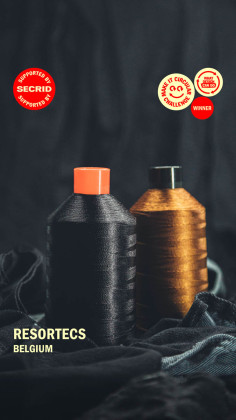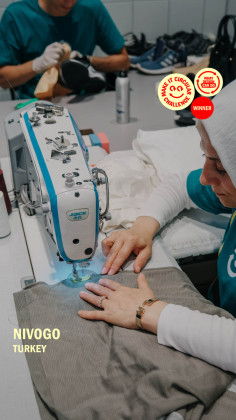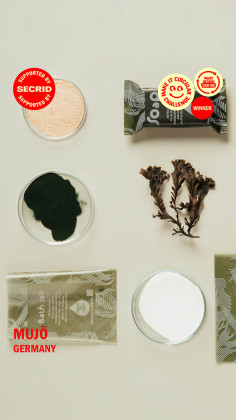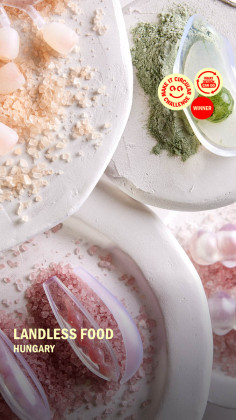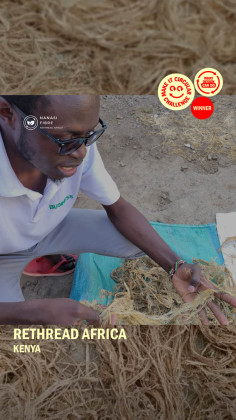What Design Can Do Reveals The Winners
What Design Can Do (WDCD) has announced the thirteen winners of the Make it Circular Challenge, representing innovative strategies for building a more circular society. Initiated in partnership with the IKEA Foundation, the competition now enters an exciting new phase as finalists gain access to a €10.000 award and development training package designed to launch their ideas into action.
Tasked with selecting the winners was an international jury comprising twelve leading experts in design, climate action and entrepreneurship, including Arthur Huang (founder, Miniwiz), Bas van Abel, founder, Fairphone), and Corine Gray (Unreasonable Group). Deliberating together both online and in-person, the jury selected thirteen winners from a shortlist of 50 high-potential nominees. In the end, the winning projects won over the Jury by exceeding expectations across the competition's five criteria: impact, creativity & design, feasibility, scalability, and teamwork.
“This year's selection process was very competitive,” says WDCD’s co-founder and creative director Richard van der Laken. “Not just because there were so many engaging and innovative ideas—but also because we recognise how urgent and complex the circular transition really is. The winning projects reflect this in their diversity and vision, and I'm looking forward to seeing the impact they'll have, both individually and together.”
The Make it Circular Challenge asked creative entrepreneurs worldwide to come up with circular products, services, spaces and systems that would help us tackle the root of the climate crisis. Participants were encouraged to submit their projects in one of five categories, representing key value chains and industries like consumer goods, packaging or food. The 13 winning projects are divided loosely among these categories, but also closely relate to the three fundamental aspects of circularity: designing to last, working with nature and using what already exists.
The first is all about taking the long view and learning to think about how products can be designed in terms of its entire lifecycle. This approach can be seen in projects like Alterist Marketplace (United Kingdom), a community-led platform for upcycled products, Nivogo (Türkiye), a pioneering circular economy startup refurbishing and recirculating products collected from users and partners, and Balena (Israel), a new kind of bioplastic that is both durable and compostable.
The second approach is a matter of working with nature and bringing about a more-than-human approach to design. This was a particularly popular strategy used by winners like Mujō (Germany), a biodegradable packaging made from seaweed, Apidae (Mexico), a system of breeding boxes for pollinating insect, CoolBricks (the Netherlands and Uganda), a bio-stabilized brick made from cow-dung, Landless Food (Hungary) a project that highlights the issue of food insecurity and explores the potential of microalgae to regenerate extinct flavour families and revive culinary traditions, and Drinking Sea Water (Germany) an Open Source purification device that can make nearly any water drinkable at a household level.
Lastly, there were also projects that focused on reuse and recovery, looking at how we can create new value out of discarded or neglected materials that already exist. This includes Resortecs (Belgium, a startup that is developing solutions for textile disassembly and recycling, Guiding the Runoff (Mexico), an adaptive reuse and urban renewal project in Tijuana, Mexico. In particular, three projects looked at how crop waste could be used to create new products: Rethread Africa's (Kenya) textile solution uses maize husk residue to reduce resources and emissions. Saathi (India) offers biodegradable sanitary pads made from banana fiber, while Craste (India) creates packaging from crop residue using circular fiber technology.
What's Next For The Winners
Work now begins on strengthening each winning idea, deepening their potential impact, and putting their ideas into action. All 13 winning teams will receive €10.000 in funding, and access to a development programme co-created with Impact Hub Amsterdam. This programme begins with a week-long bootcamp, and is tailor-made for the special blend of change-makers present among participants. Winners can expect mentorship on a range of skills they need to make their projects a success – from developing a viable business model, to impact-assessment and networking. Combined with valuable exposure and publicity, the programme is set to provide unique support for the thinkers, doers and makers of the new economy. All winning projects can now be viewed online via the Challenge platform.
To view all the winning projects, visit: https://makeitcircular.whatdesigncando.com/winners
Related Content:
-

WAFX 2024 Prize Winners Announced
-

WDCD Unveils the Redesign Everything Challenge for a Circular Future
-

Make It Circular Challenge Announces 50 Nominees
-

Make it Circular Challenge
-
Designing for Refugees
What Design Can Do, an international design platform launched by designers from different disciplines, organized a challenge focused on refugees
-
Monotonous Creativity—Until When?
As an international platform built on power of design, What Design Can Do sees design as a catalyst of change and regeneration while trying to find solution for today’s social problems
 03.05.2023
03.05.2023



